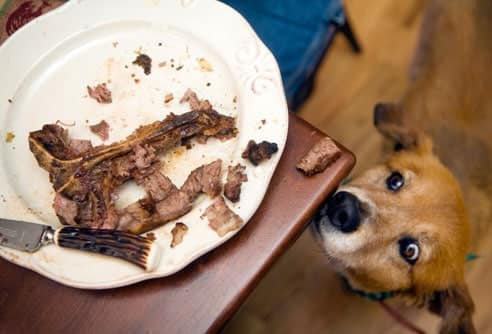225 total views
Homily for Thursday of the 5th Week in Ordinary Time, Memorial of St. Scholastica, 10 February 2022, Mk 7:24-30
I heard this story from a good doctor who treats regular paying patients in a private clinic for four hours in the morning, and dedicates one hour of free consultation for indigent patients after lunch. Because he has a good reputation as a specialist, if the line is long for his paying patients in the morning, the line is even longer for the non-paying patients in the afternoon. Since he could accommodate only a few in one hour, it has to be on a first come first served basis for the indigent patients.
On one particular day he got really tired at the end of his morning consultations. Instead of sparing a full hour for free consultation, he gave only thirty minutes and decided to go home to take a rest. Now there was this woman who was supposed to be next in line when the secretary announced that the doctor could stay for only half an hour of free consultation, and if they could please just return the following day?
The following day, the same woman was there very early in the morning, which was supposed to be the time for the paying regular patients. The secretary who was surprised to find her there by the door so early in the morning told her to come back after lunch, but she pleaded to be allowed to stay.
The doctor soon came and was a little irritable. When he saw the woman, he said, “My free consultation starts only at 1pm. The whole morning is for regular patients only.” But the woman said, “I know po, doc. I did not go home anymore after you left yesterday. I was still within the hour for the free consultation but you left after thirty minutes. I understand naman po; I am not complaining. I was just afraid that I might not be treated again today if I come after lunch when the line is very long already. I waited the whole night; it’s ok for me to wait for just another four hours more as long as I am assured that I get included among your afternoon patients. I cannot ask you to treat me in the morning because I have no money to pay for the consultation.”
The doctor was so moved, from then on he started reversing his routine. He gave the whole morning for free consultations and his afternoon, by appointment for the paying patients.
I think this is the kind of situation that we have in today’s Gospel story about the SyroPhoenician woman. The woman was not demanding any entitlement; she even compared herself to a dog that could wait patiently for the leftover scraps after the children were finished with their meal already.
In our society, when we get so used to demanding our rights, we often forget that there are so many other people who do not have the same privileges as we do. They wake up very early, they wait in line for a seat in a jeepney. Sometimes some of them hang on by the rear entrance of the jeepney just to get to their workplace on time, they line up again for cafeteria food for lunch, and go home very late. They work like horses and receive very little pay.
When they go to public amenities to avail themselves of public services like a public hospital or health care center, they fall in line and wait patiently for their turn, sometimes for hours. The privileged ones do not wait; they make an appointment. They feel entitled because they have the money to pay for private services.
Sometime ago I saw this youtube video of a man who was reacting to the commonly accepted idea that Filipinos need a strongman type of leader because they need to be disciplined. He asked, “What discipline are they talking about? The poor in this country are very disciplined. The fact that they are surviving at all with very little means and despite the huge social disparities could only mean they have discipline. They wake up early, work for long hours and get paid very little.” He also said, “I am inclined to believe that it is those with means who tend to be undisciplined. They are the ones who are able to jump the line by relying on “proper connections”. But the poor, they wait patiently.
Sometimes we have to have actual personal encounters with the very poor to realize what they have to go through to be able to enjoy some public services. They already consider themselves lucky if they are served promptly by public servants who do not treat them like dogs but as proper and dignified human beings.
















